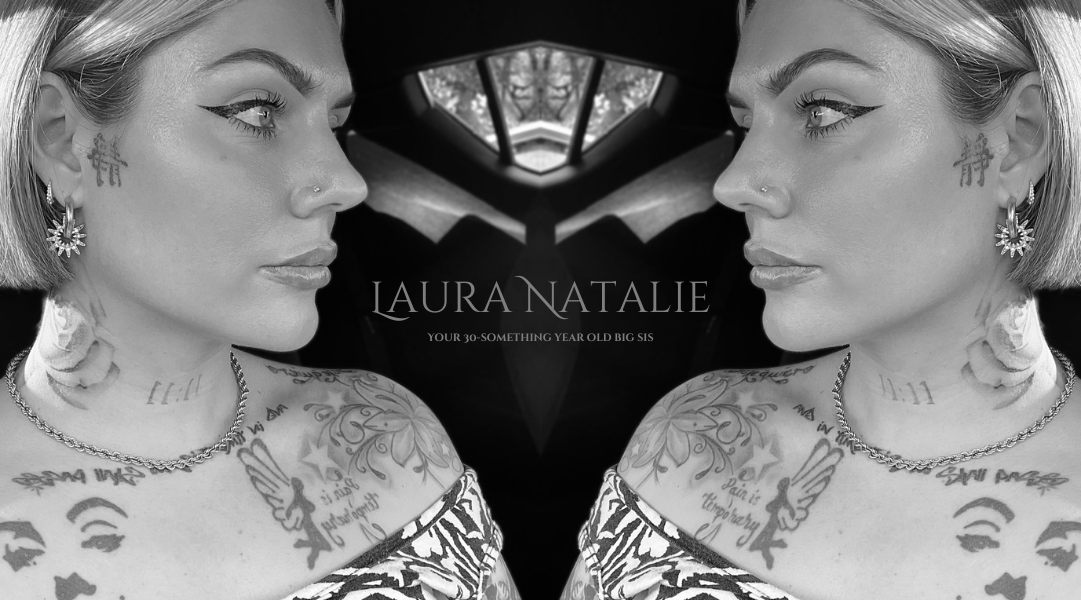[5 minute read]
I pride myself on being a good communicator, especially in my line of work where I’m often praised for my ability to handle every situation as efficiently and effectively as possible. Whether it’s talking to parents, meeting professionals for the first time or calming down a child who’s about to put their foot through someones head. I know how to talk… I talk freely and fluently and words just…come to me.
I seem to know how to communicate with everyone… until my attachment styles starts telling me I need to listen to them in order to express myself to someone I care about. My attachment style is like the devil on my shoulder, except this devil is dyslexic. Occasionally reading into things wrong, mistaking one thing for another and generally just needing a bit of extra support in order to get things right.
We’re all linked to 4 attachment styles (secure, anxious, avoidant and fearful – you can find out yours here) which are based on our childhood and previous life experiences. If you have a predominantly anxious/fearful attachment style it’s more than likely that you’re guilty of overthinking. We might see something that we don’t like and our brain very quickly fabricates a story of what this might mean. We make lots of very rapid calculations about what is (apparently) happening. One minute you’re madly in love and the next minute you’ve convinced yourself that you’re not good enough, and that your person is going to abandon you. Now they’re an awful person they’re not who you think they are.
People who anxiously attach tend to worry more. They are said to experience an ’emotional hunger’. Unfortunately, their desire to be a good partner sometimes can push away the exact person they want closeness with. When they are afraid of losing their partner, they can become clingy, possessive or paranoid – particularly if they have found a good partner, after many bad ones.
For example, your person may have gone to a party and not messaged you all night. Instead of accepting that your person is probably thinking about you, but is enjoying time out with their friends, you programme yourself to think they’re not texting you because they no longer care about you or their feelings have changed and you’re only just noticing, because why wouldn’t they just text you??
The way you react to this is to believe that your emotions are reality as opposed to just being a story you’ve created in your mind. You’re now ready to fight – you’re guarded and upset and ready to “communicate” this to your person, all while they have no idea what the fuck is going on.
This rarely ends well, and it further fuels the thoughts of “why am I not good enough” “they don’t care enough about me to help get me through this.” – sound familiar?
So one thing I’ve really thought deeply about this weekend is: are our partners unable to hear us or help heal our wounds, or are they just constantly defending themselves against our weapons that they’re not able to?
We all have a weapon of choice when we’re anxious and have worked ourselves up in one way or another. It may be the silent treatment, or sarcasm, or straight up verbal abuse. The other person doesn’t see all the hurt that we’re experiencing in that moment, they just see us launching an attack and thus trying to stop themselves from being wounded. They can’t possibly protect us when they’re simultaneously trying to protect themselves from our weapons.
I guess some relationships end not because one person refuses to help heal their partners wounds, but because they’re unable to deal with their partners weapons. They haven’t been given a chance to show up for their partner and work together to collectively heal whatever trauma’s both of them may have. And sometimes we get so caught up in this mindset of “people should accept me exactly for who I am” that we forget that there is only actually a small grain of truth to this.
Of course, we should always be our authentic selves and never compromise, but if our weapons are hurting our partners, then that’s on us to learn how to be vulnerable in a way that doesn’t blame them for our hurt. That’s not to suggest nothing will ever be their fault…we will all upset our partners at some point and they will trigger us, but usually what we’re hurt about isn’t actually what happened, but what we assumed happened, and their lack of support in rectifying it after we’ve attacked them…
Basically what I’ve learnt this week is that while I pride myself on being a good communicator, I’m actually not as good at communicating my feelings as I think I am. I still use my anxious attachment style to judge what a situation means, and act on the story created in my mind, as opposed to what is actually happening.
If you can relate, then I want you to think about all the disagreements you’ve had with your person, where you’ve assumed that they’re just not meeting you half way, and wonder whether they refused to help you heal, or whether they actually were just defending themselves against your weapon. Because it’s likely that for everything they could have done better, there’s something you could have done better too. And note, having this attachment style doesn’t make you weak, or to blame for anything – some people really just don’t have your best interests at heart, but for the ones that do they deserve for you to practise patience and understanding.
I have some thoughts on how to combat this, so my next post will be a challenge for everyone who shares this attachment style with me. 2021 we are not going to be prisoners of our minds.
Take the attachment style quiz: What is your attachment style?
